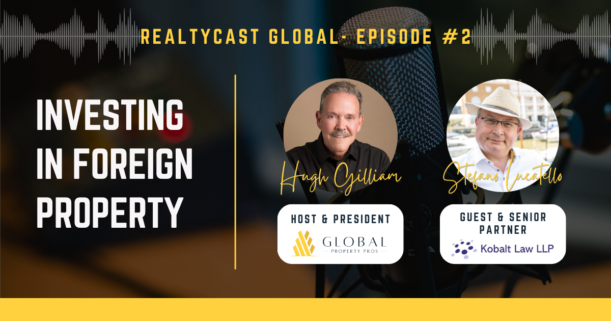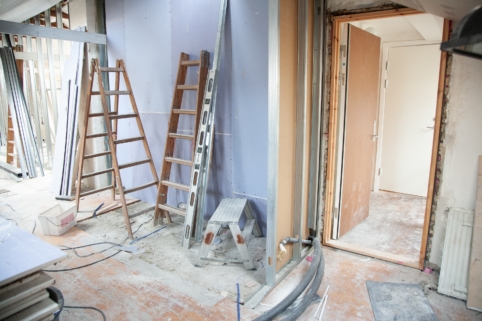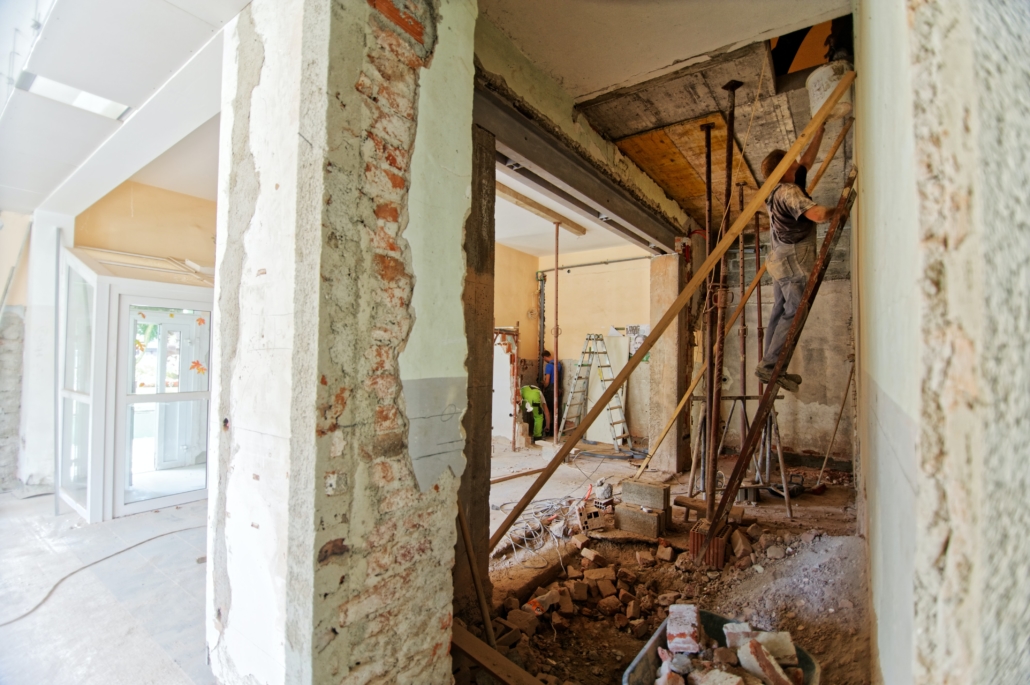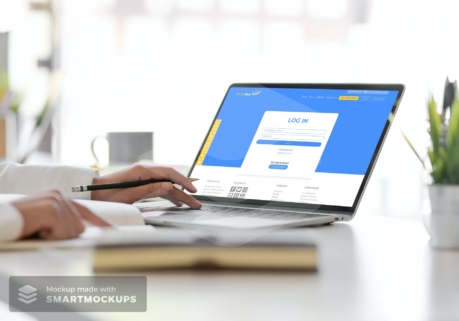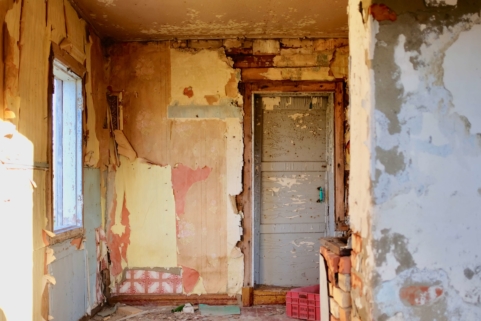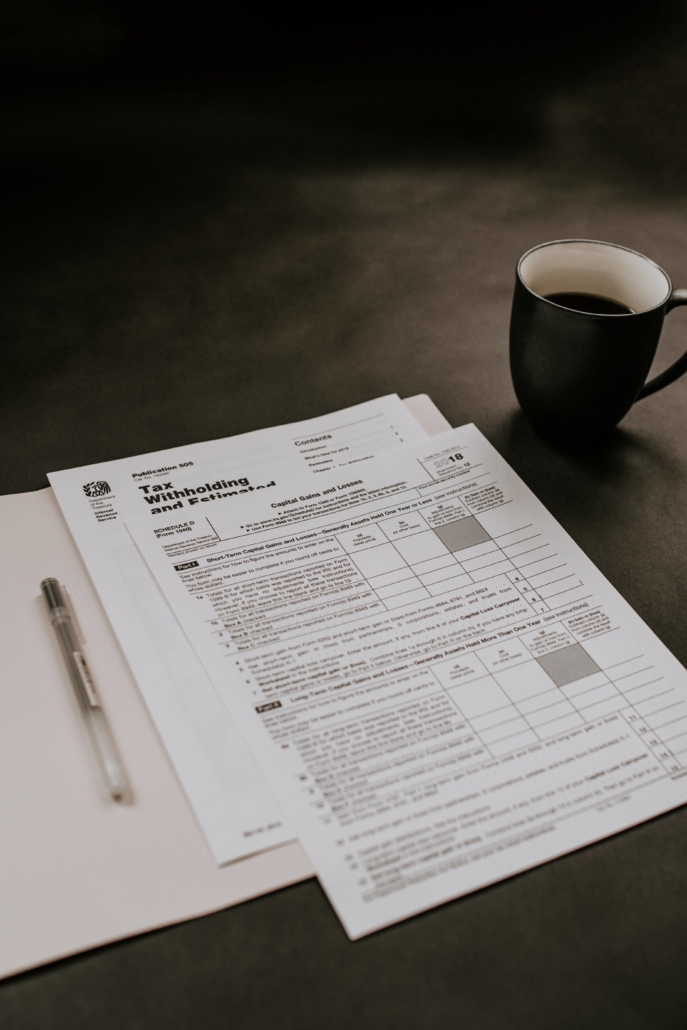RealtyCast Global #2: Investing in Foreign Property with Stefano Lucatello
Welcome to episode #2 of RealtyCast Global – a global connection to all things real estate, hosted by Hugh Gilliam, president of Global Property Pros.
Are you dreaming of investing in a property abroad but unsure of where to start? Get ready to have your questions answered by the exceptional Stefano Lucattello, Senior Partner at Kobalt Law LLP. He’s not only a legal eagle when it comes to international property law, but he’s also the author of ‘Investing in Foreign Property: The Ultimate Guide to Buying Safely.’ Stefano’s insights will guide you to safely navigate the often complex world of buying properties abroad.
Our conversation with Stefano takes you on an intriguing journey from his roots in Italy to his successful career as a commercial lawyer in England and now, also an international property expert. He unpacks the intricacies of buying properties abroad, emphasizing the importance of understanding the taxation laws of the country you’re buying property in.
Stefano’s wealth of knowledge doesn’t stop there. He delves into the critical factors to consider when setting up a business abroad, guiding you through the process of declaring income tax for rental income and wealth taxes. We wrap up our enlightening conversation with Stefano sharing his excitement for opening an international cookery school and his plans for retirement. This episode is an essential listen for those considering buying property abroad. So sit back, relax, and let Stefano give you a masterclass on turning your foreign property dreams into a reality!
Those interested in purchasing a book can obtain a copy on Amazon. All profits go towards funding cancer research.
For real estate agents looking to expand their business internationally, expose existing listings to a global pool of buyers, and connect with new clients, check out Global Property Pros.
For Property Buyers & Sellers seeking assistance in the international market, check out RealtyHive’s property marketing solutions.
SUBSCRIBE to the RealtyCast Podcast to be notified when new RealtyCast Global episodes air:
About the guest – Stefano Lucatello:
Stefano Lucatello is the Senior Partner and Head of Kobalt Law LLP. He qualified as a Solicitor in 1988. Languages and Law have always been a very important part of his life and practicing career as a Solicitor. Kobalt Law LLP is the culmination of many years of practice both in England and abroad. Stefano combines his knowledge of English and foreign law to advise clients from around the world.
He practiced in Gibraltar as an international partner of a Leeds-based practice, where he developed his skills in offshore tax and trust law, advising High net worth individuals to protect their fortunes.
Stefano is an accomplished author, writing on many different international property topics and platforms, as well as appearing on his own Property TV shows and seminars. He has written an international property buying guide, entitled, ‘Investing in Foreign Property: The Ultimate Guide To Buying Safely.’
The first edition was published in 2015 and the second in 2018, with an updated chapter on “Brexit”.
The book is a generic guide about what potential foreign property buyers need to know and be aware of when considering buying property abroad. Stefano says “People never learn that buying foreign property is no less difficult than buying in the UK. How can you possibly buy in a foreign country, without specialist legal assistance, like that provided by Kobalt Law LLP, international property lawyers?
It is very hard when potential buyers don’t speak the foreign language or understand the different foreign law that applies to foreign property purchases.
They believe the agents, who say that they don’t need this kind of assistance, and merrily follow the agent’s advice to go to a foreign lawyer, without checking them out first.”
The book is filled with great tips and advice, which apply to most countries in the world and takes you from the moment you decide to start the property search journey, to completion of the purchase and then onto living your dream in that foreign country. It has 10 chapters and takes 2 hours to read. It has been described by certain well-known foreign property commentators, as “incisive and well written”, explaining difficult topics in an “easy-to-read way”. It has a notepad, at the end, so that readers can take the book with them and write notes as they visit agents.
- Tel DDI +44 (0) 207 749 3209
- Tel Mob + 44 (0) 7802 921339
- E-mail: stefanol@kobaltlaw.co.uk
- Web: www.kobaltlaw.co.uk
- Skype: stefano.kobalt
About the host – Hugh Gilliam:
Hugh Gilliam co-owned a national transportation company, created a land development business, and worked as a general contractor in residential and commercial construction for over two decades. Hugh also co-founded an international distribution company and successfully negotiated and contracted with 135 sales representatives in the United States, Canada, France, Brazil, Japan, and the Netherlands.
Today, Mr. Gilliam is affiliated with RealtyHive, LLC where he serves as Director of International Real Estate and President of Global Property Pros. His duties include involvement in commercial and residential transactions, plus promoting marketing systems and lead generation platforms.
He is also co-founder of the luxury digital magazine, DOORWAYS INTERNATIONAL, powered by RealtyHive, which serves as a platform for Brokers and Buyers throughout 70 countries.
Hugh’s Designations Include:
- Certified Luxury Home Marketing Specialist
- Certified Distressed Property Export
- Certified International Property Specialist
- Certified International Investment & Immigration Specialist
- Transnational Referral Certification
Hugh’s Memberships Include:
- Georgia Association of REALTORS
- National Association of REALTORS
- International Real Estate Federation (FIABCI-USA)
- Asian Real Estate Association of America

